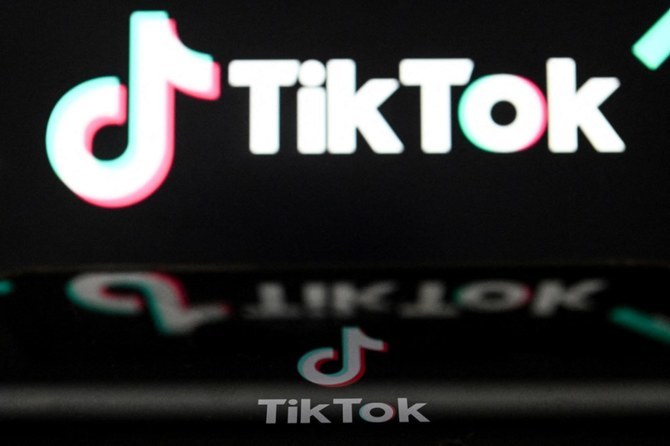DUBAI: OasisX, the nascent curated multichain non-fungible token marketplace, which aims to drive adoption of NFTs in the Middle East and North Africa region is embracing Web3 in several ways integrating NFTs, blockchain, and cryptocurrencies within its platform.
Jimi Ibrahim, one of the co-founders of the company, who has described the new iteration of the internet as a digital renaissance, said: “Web3 has four pillars: Blockchain as a secure infrastructure, tokens like NFTs for proof of ownership and provenance, cryptocurrencies for store of value and transactions, and the metaverse, which is a combination of augmented reality and virtual reality.”
The adoption of Web3, however, has witnessed a slowdown as cryptocurrency and NFT scams have become rampant in markets such as the US. Despite the promise of a more secure internet, cryptocurrencies can be used and abused for fraudulent activities, as evidenced by the recent FTX scandal.
Founded by Sam Bankman-Fried in 2019, FTX is a cryptocurrency exchange, that rose to popularity thanks to celebrity endorsements and an aggressive marketing strategy.
In November, the crypto news site CoinDesk published the balance sheet of Alameda Research, a crypto investing firm also owned by Bankman-Fried, showing that Alameda held a large amount of a digital currency created by FTX called FTT.

“While there is nothing per se untoward or wrong about that, it shows Bankman-Fried’s trading giant Alameda rests on a foundation largely made up of a coin that a sister company invented, not an independent asset like a fiat currency or another crypto,” the article said.
However, if the value of the FTT were to drop, Alameda would essentially be at risk of insolvency.
The article set in motion a series of legal actions against Bankman-Fried, FTX, and the celebrities who promoted the crypto exchange, resulting in one of the biggest financial scandals.
The incident has slowed down the adoption of crypto, diminished faith in the industry, and cost a lot of people a lot of money. Although Ibrahim noted that it had “hurt the industry,” he pointed out that it had acted as a purge of sorts.
He said: “Foul play has to be shed light on, and such players have to be removed from the playing field so that the environment is much more safe and secure for natural growth.” He added that, ultimately, was the future where “decentralized finance is going to change the world for the better.”
The global NFT industry alone reached a market capitalization of $41 billion by the end of 2021, according to blockchain data company Chainalysis.
The space was also growing to include non-fungible assets, Ibrahim said, which would see it extending into the real world. For example, the real estate and NFT industries have been merging with several properties being sold as NFTs.
In February, US-based real estate company Propy sold an NFT-backed property, a 2,164-square-foot house in Florida, for $653,000 with the winning bidder receiving a NFT as proof of the home’s ownership.
“This is the future we’re looking to tap into, facilitate and expedite because it only makes sense to secure everything on the blockchain,” Ibrahim added.
OasisX aims to bring a new layer of security and accessibility to the world of NFTs in the MENA region for both artists and businesses.
Ibrahim along with co-founders Najib Khanafer and Ramzi Mneimneh started working on the platform more than one year ago and officially launched it at the NFT LB event in Lebanon in September.
The event featured the work of 23 artists, half of which were sold out during the event, as well as served as a platform for panel discussions, movie screenings, and AR and VR experiences.
The company’s marketplace features only vetted artists, unlike platforms such as OpenSea, which avoids any “bogus projects,” Ibrahim said.
 Anyone can create and sell NFTs on OpenSea. Since the platform does not vet artists, many fraudulent NFTs end up on it. Earlier this year, OpenSea reported that more than 80 percent of the items on the platform were plagiarized works, fake collections, and spam.
Anyone can create and sell NFTs on OpenSea. Since the platform does not vet artists, many fraudulent NFTs end up on it. Earlier this year, OpenSea reported that more than 80 percent of the items on the platform were plagiarized works, fake collections, and spam.
“We want to keep the art community safe and secure with the right projects,” Ibrahim added.
Available in English and Arabic, the platform currently has 250 vetted artists and aims to grow into the biggest MENA-based marketplace. It also works with galleries through a referral program where the gallery receives a royalty over the first sale of any artist that gets onboarded and vetted on the platform.
It only charges 2 percent in transaction fees — among the lowest in the industry — because “artists should make the most of the sale of their hard work,” Ibrahim said. That was also why, he added, the company would never remove royalties.
Often, the technical skills needed to create NFTs can serve as a barrier to entry for both artists and brands. The company, therefore, created LaunchX, an NFT generator powered by artificial intelligence.
Recognizing that there are some still wary of NFTs and cryptocurrencies, the company has integrated options such as paying through credit cards, to make it more accessible.
The entire process is secured through a smart contract on the blockchain. Ibrahim said it was more secure than using traditional banking, especially in countries such as Lebanon, where the banking system was a shambles leaving many unable to use credit cards.
It was almost impossible to corrupt information on the blockchain making it more secure than traditional transaction methods used in Web2, he added.
Despite resistance and reluctance, Ibrahim forecasted that Web3, and cryptocurrencies, would become the norm in the next five to 10 years with people using it just as seamlessly as they use debit and credit cards today.




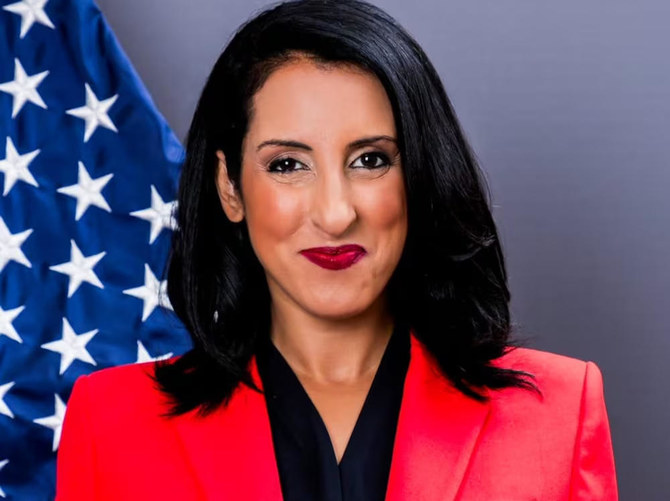
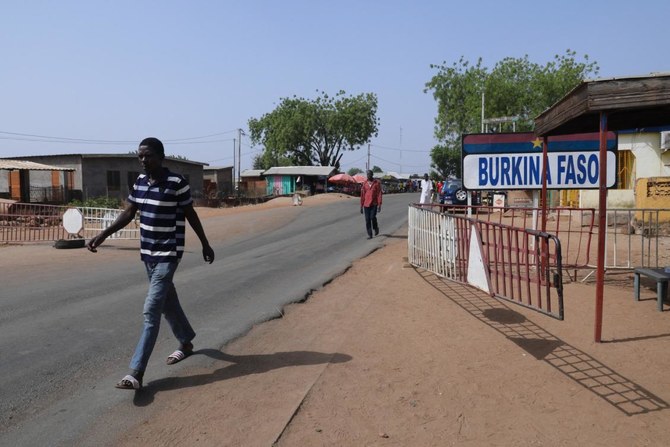

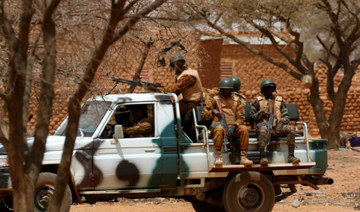
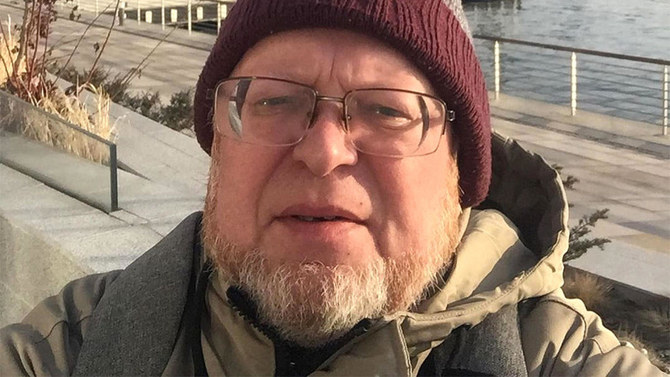

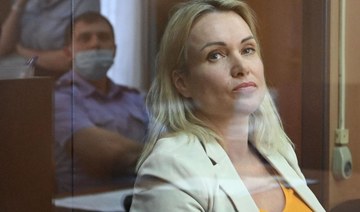

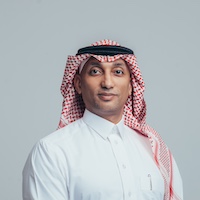 Baraja brought with him 22 years of global advertising and brand-building experience.
Baraja brought with him 22 years of global advertising and brand-building experience.

